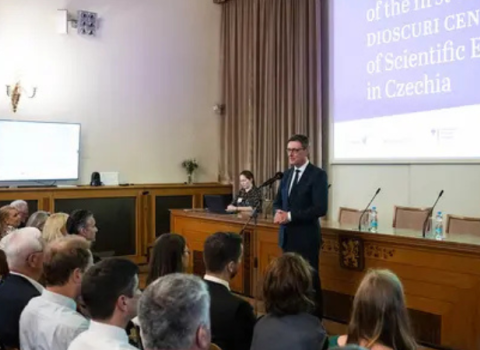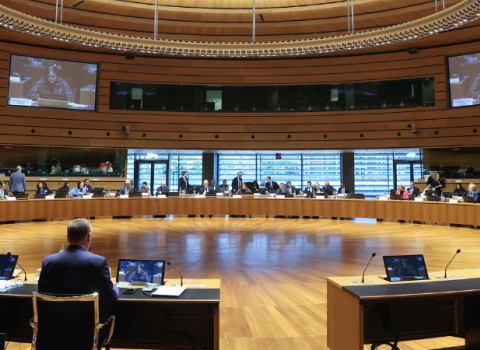Draft plan foresees a new category for research and innovation runners-up and funding restrictions for states that fail to boost R&D spending

Photo credits: Alexandr L. / BigStock
The EU’s next Framework Programme for research and innovation, FP10, will continue to support Widening measures aimed at reducing R&D performance gap between member states, according to a draft text by the European Commission dated July 4.
The post-2027 Widening programme will be part of a broader new pillar in Horizon Europe, which will focus on developing a “unified European Research Area,” developing and operating research and innovation infrastructures, and boosting research and innovation capacities “in all regions of Europe,” the draft document reads.
According to the draft proposal, the Widening programme should focus on delivering “concrete measures” for building the R&D capacity of countries that have been lagging behind in terms of participation in Horizon Europe. The Commission hopes the Widening programmes, in the new configuration, would lead to “a more cohesive and integrated European [research and innovation] system and contributing to the target to invest at least 3% of GDP in research and development,” the draft proposal says.
However, the Widening programme could change significantly, as the Commission is planning to create two-tiers of eligible countries. So far, 15 EU member states have been part of the so-called Widening group countries.
Now, the Commission wants to split the group in two by adding a new category for countries that have been able to show progress in the EU innovation scoreboard, an annual analysis of R&D performance across all member states.
The new category would be called “transition countries” and will include member states with an innovation scoreboard index above 75% that have been able to increase their participation in Horizon Europe. The Commission is planning to measure participation growth against “a positive relative financial return per gross national income” in the research and innovation programme.
In this scheme, the Widening countries would be Bulgaria, Croatia, Czechia, Hungary, Latvia, Lithuania, Poland, Romania and Slovakia, while the transition countries would be Cyprus, Estonia, Greece, Malta, Portugal and Slovenia.
Tadas Tumenas, head of the Lithuanian liaison office for research and innovation in Brussels told Science |Business that the Commission should provide more clarity on the criteria used to split the 15 Widening countries into two categories. “Instead of bridging gaps, this structure risks creating a three-speed Europe: those lagging behind, those in transition and those already ahead,” Tumenas said.
In addition, from 2030 onwards access to some Widening funding schemes, particularly those aimed at capacity building, will be restricted to the Widening countries that have increased their public R&D expenditure in the previous year. National investments in research will be assessed through the European Semester process, which is the Commission’s main tool for financial supervision in the member states.
“Support may be reserved for widening countries that demonstrate a tangible commitment to public R&D by increasing their real expenditure,” said Tumenas. “This would reflect a form of conditionality, whereby countries are expected to ‘do their part’ by investing national resources in order to benefit from additional EU support.”
Earlier this year, a group of 15 EU research ministers wrote a joint letter to the European commissioner responsible for research, Ekaterina Zaharieva, urging her to ensure the 2028-34 Framework Programme maintains the Widening funding schemes. The ministers see the future of the Widening programme in FP10 “not merely as a vital tool in addressing existing disparities, but as a testament to the collective strength of the EU's research landscape.”





 A unique international forum for public research organisations and companies to connect their external engagement with strategic interests around their R&D system.
A unique international forum for public research organisations and companies to connect their external engagement with strategic interests around their R&D system.